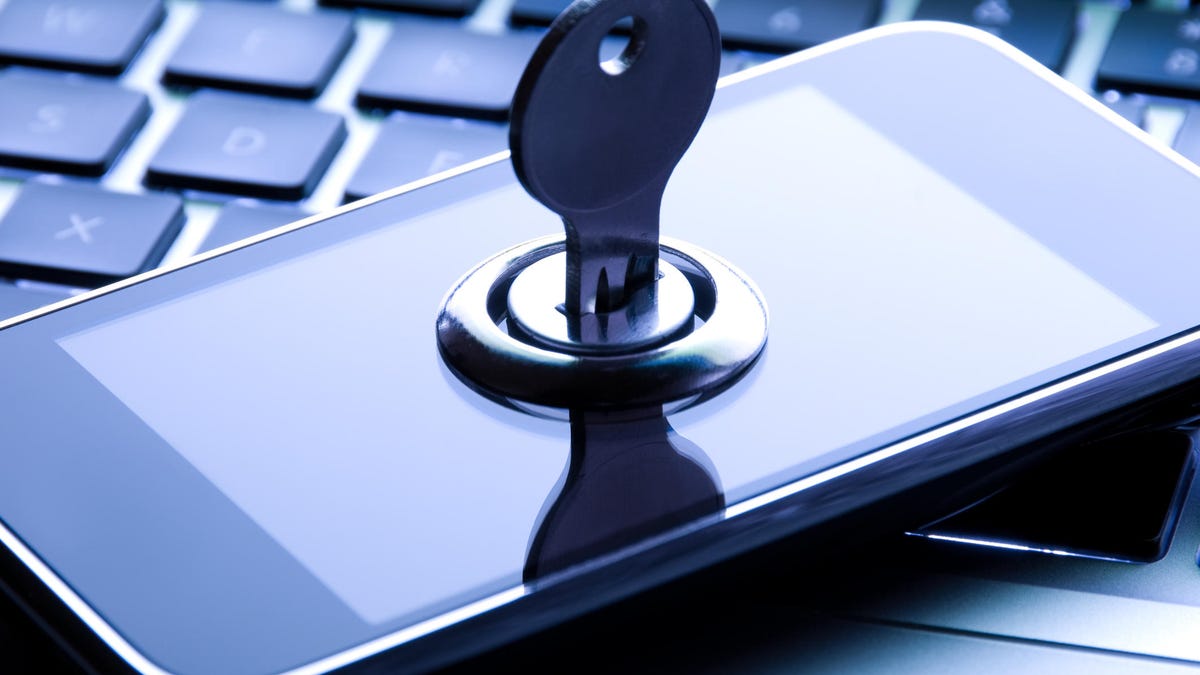Australia pushes for weaker encryption at 'Five Eyes' meeting
Australia says tech companies should be "thwarting" messaging encryption to stop terrorists, and it's pushing US companies in particular.

The world's biggest tech companies could soon be compelled to weaken encryption in the name of national security if Australia gets its way.
Australia is making the calls ahead of a summit of the Five Eyes, the intelligence alliance it operates under with the US, UK, Canada and New Zealand. Leaders and officials from the five countries are descending on Ottawa this week to discuss the threat of terrorism and the growing need for security in a digital world.
And when it comes to terrorists in "cyberspace," Australia wants a crackdown.
On the eve of the conference, Australian Attorney-General George Brandis said tech companies need to play a part in foiling terrorist communications, and that could mean a weakening of encryption.
"The use by terrorists of cyberspace is an issue of critical concern to intelligence and law enforcement agencies," said Brandis in a statement ahead of the conference.
"Australia will lead the discussion of ways to address this issue; in particular the involvement of industry in thwarting the encryption of terrorist messaging."
Attorney-General Brandis said Australia wanted to cooperate with service providers to "ensure reasonable assistance is provided to law enforcement and security agencies" when it comes to getting past encryption methods used by suspected terrorists.
The comments call to mind similar rhetoric from the FBI, which faced off against Apple last year over its attempts to access the locked iPhone of suspected terrorist, Syed Farook. More than one year on, and the questions over individual privacy versus national security is still driving political debate across the world.
Australian Prime Minister Malcolm Turnbull added his voice to a growing chorus of international leaders over the weekend, calling for a crackdown on "ungoverned spaces" online, pointing to US tech companies.
"We cannot continue to allow terrorists and extremists to use the internet and the big social media and messaging platforms -- most of which are hosted in the United States I should say -- to spread their poison," the prime minister said.
"The rule of law must prevail everywhere online was well as it does today in the analogue, offline world."
Prime Minister Turnbull's words followed similar tough talk from British Prime Minister Theresa May, who has called on tech companies to develop better measures to remove extremist content from online platforms, and former US National Director of Intelligence, James Clapper, who has called on tech companies to allow law enforcement "access to encryption."
CNET Magazine: Check out a sample of the stories in CNET's newsstand edition.
Virtual reality 101: CNET tells you everything you need to know about VR .

